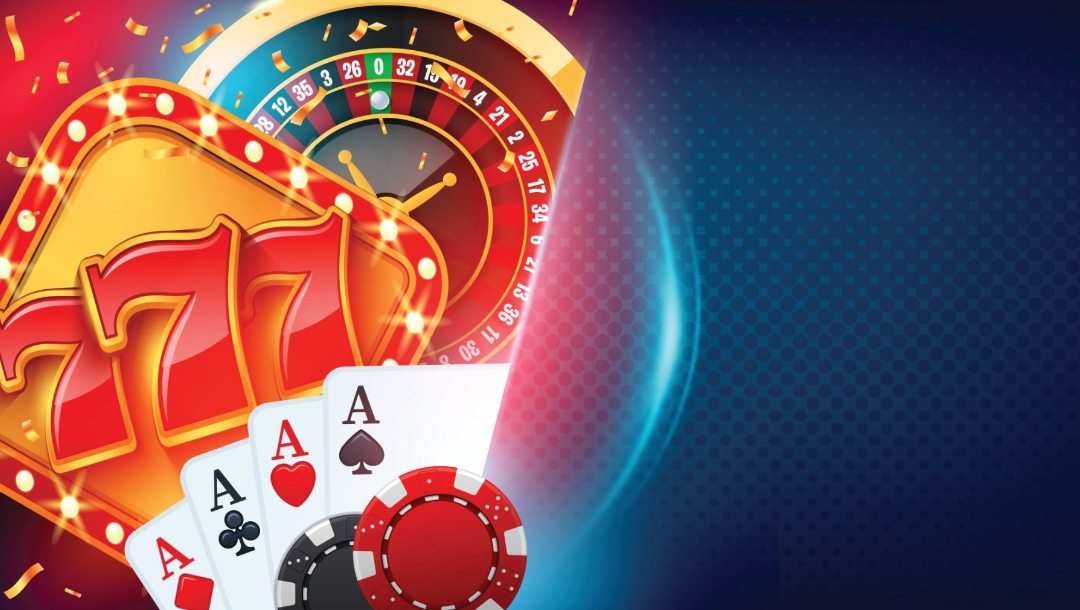
Pursuing Setbacks: The Dark Side of Machine Gambling

Slot gambling, with its eye-catching displays and tempting sounds, has become a popular form of leisure for a lot of people. The excitement of levering a lever or hitting a key can create an adrenaline-pumping high, drawing players into a space where hopes of striking it rich often capture attention. However, below the shiny facade lies a more ominous reality that can lead to a negative trajectory for some individuals. The venture, while initially benign at the beginning, can quickly transform into a quest that drains not only finances but also emotional health.
As players become more involved in their pursuit for that hard-to-get grand prize, they may start to pursuing losses, believing that a bigger win is just about to happen. This mindset can trap individuals in a repeating pattern, causing them to increase their bets in the hopes of getting back what they have wasted. The hidden aspects of slot gambling exposes how easily one can become caught in a web of obsession and hopelessness, underscoring the necessity for enhanced understanding and understanding of its possible dangers.
Grasping Casino Slot Machines
Slot machines have become a popular form of recreation in gambling establishments worldwide, attracting players with their luminous displays, captivating auditory effects, and the thrill of maybe hitting a prize. These devices function on RNGs, ensuring that each spin is separate and unpredictable. This design creates an all-consuming environment, often causing gamblers to believe they have a possibility of success, regardless of the chances being dramatically against them.
The core functionality of a gambling machine are easy to understand: players load money, select a stake, and spin the reels. Each device provides different designs, paylines, and special functions, contributing to the diversity and adrenaline of the play experience. With the rise of virtual casinos, users can at present enjoy online slots from the ease of their houses, further boosting their appeal. However, the luxury of online slots can facilitate for gamblers to not monitor their spending.
Grasping the behavioral aspects behind these devices is crucial for recognizing their compulsive potential. Many players are drawn to the uncertainty factor and suspense associated with each spin, which can lead to a pattern known as "chasing losses." This behavior occurs when players continue to gamble in the expectation of recovering financial losses, often resulting to further losses and money problems. It is important for gamblers to remain aware of their limits and approach playing slots with caution.
Understanding the Psychology Behind Loss Chasing
Pursuing losses is a common mental occurrence among video players. When individuals experience a defeating session, the psychological effect can be significant, leading in feelings of discontent and hopelessness. This response often compels them to keep playing in anticipation of recovering their deficits. The urge to recover lost money can supplant logical thought, driving individuals further into a pattern of increased bets and heightened danger.
The brain plays a crucial role in this behavior. Gamblers may experience a surge of excitement when they hit a victory, which strengthens the belief that they can reverse their losses through further gambling. This "near-miss" effect, where a player almost succeeds, can also result to increased determination to persist in gambling, even with the growing losses. Feelings like optimism and determination can entrap players, making it challenging for them to see the diminishing returns of their investment.
Additionally, societal pressures and prevailing narratives around fortune can intensify this tendency. Many gamblers believe in "achieving lucky" or that a substantial win is imminent. These ideas can prevent players from accepting the reality of their losses and drive them to pursue after illusory gains. olxtoto As a result, slot gambling can become a slippery slope, where the urge to retrieve money results to even greater losses and an eventual disconnect from reality.
Consequences of Gambling Dependence
Betting dependence can lead to severe economic difficulties, as individuals often find themselves caught in a cycle of chasing losses. This ceaseless pursuit can result in considerable debt, causing tension and worry that can affect all aspects of life. As gamblers spend more money trying to make up for losses, they may exhaust their savings and even resort to borrowing or theft, leading to a downward spiral that can be hard to escape.
The impact of gambling addiction extends beyond monetary problems; it can deeply damage personal relationships. Friends and family may feel neglected or betrayed as the gambler prioritizes their dependency over significant connections. Trust often breaks down, leading to emotions of loneliness and despair, which can further worsen the addiction. Loved ones may struggle to understand the behavior, causing rifts that can take years to mend.
Additionally, the psychological consequences of gambling addiction cannot be ignored. Many individuals face heightened levels of nervousness, depression, and stress as they grapple with their addiction. The combination of these emotional weights can lead to a vicious cycle, where the gambler seeks comfort in more betting as a way to cope with their emotions. This battle can result in long-term mental health problems, making recovery a challenging and complex process.